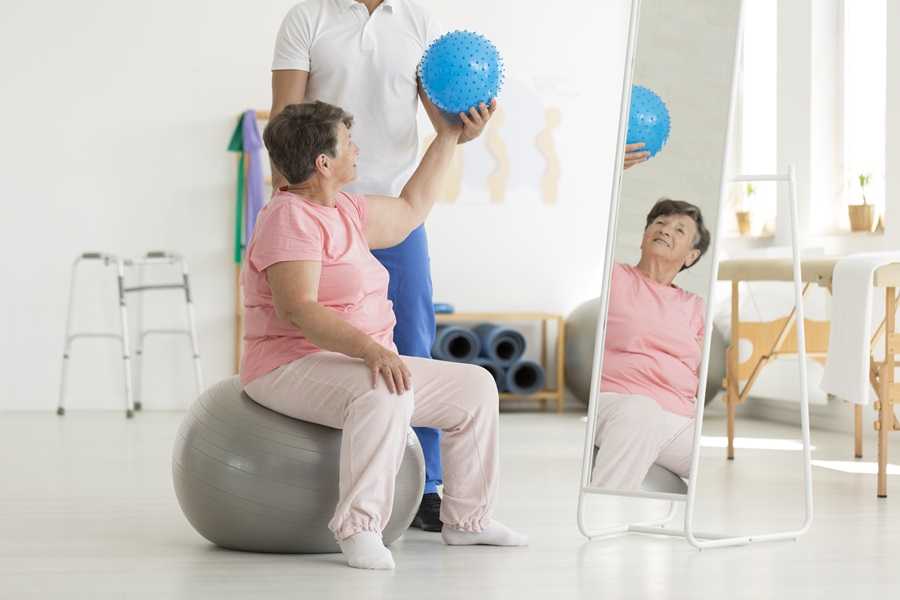
acute stage of stroke


introduction
The acute stage of a stroke is the sudden onset of neurological deficits in the brain, retina, or spinal cord. It’s also known as a cerebrovascular accident (CVA), but the term “brain attack” is more accurate.
types of stroke
Strokes can be classified into 2 main categories:
- Ischemic strokes: These are strokes caused by blockage of an artery (or, in rare instances, a vein). About 87% of all strokes are ischemic.
- Hemorrhagic stroke: These are strokes caused by bleeding. About 13% of all strokes are hemorrhagic.
signs and symptoms of stroke
FAST stands for:
- F – Face. Weakness or drooping on one side of the face.
- A – Arm. Weakness or numbness in an arm or leg.
- S – Speech. Trouble speakin
- T – Time to call the emergency. Also contact the nearby hospital if you have other stroke symptoms. They include: Loss of balance or trouble walking. Trouble seeing out of one or both eyes.
causes of stroke
There are two primary causes of stroke.
- An ischemic stroke occurs when a blocked artery in the brain restricts blood flow, while a hemorrhagic stroke is caused by the leaking or bursting of a blood vessel in the brain.
- In some cases, individuals may experience a transient ischemic attack (TIA), a temporary disruption of blood flow to the brain.
risks of stroke
Untreated stroke can lead to severe consequences, including brain cell damage, paralysis, difficulty swallowing, memory loss, difficulty with speech, numbness, and pain.
prevention
Fortunately, stroke can be prevented by adopting a healthy lifestyle:
- Choose nutritious foods and drinks to maintain overall well-being.
- Maintain a healthy weight through balanced eating and regular exercise.
- Engage in regular physical activity to improve cardiovascular health.
- Refrain from smoking to reduce stroke risk.
- Limit alcohol consumption to moderate levels.
- Effectively manage medical conditions, such as diabetes and hypertension.
- Monitor cholesterol levels and maintain healthy lipid profiles.
- Control blood pressure through lifestyle changes and medication, if necessary.
diagnosis or treatment of acute stroke
Physical exam: A healthcare professional will listen to your heart and check your blood pressure
Blood tests: A healthcare provider will perform blood tests
Imaging: Imaging tests, such as CT, MRI, or DSA, will help determine the type and location of the stroke
when to see a physiotherapist to treat the condition?
You should see a physiotherapist as soon as possible after a stroke, ideally within 24–48 hours of being admitted to the hospital. Starting rehabilitation early can help you regain lost skills and abilities, and prevent complications like muscle stiffness and joint pain.
how does physiotherapy help in treating stroke?
Physiotherapy, also known as physical therapy, is a key part of stroke rehabilitation that can help stroke patients regain movement, strength, and independence. By incorporating physiotherapy into stroke rehabilitation, patients can achieve significant improvements in physical function, mobility, and overall well-being.
how portea helps ?
Experience comprehensive healthcare from the comfort of your own home with portea:
- Convenient doorstep diagnostics tests
- Expert doctor consultations
- Personalized post stroke rehabilitation with certified physiotherapists
- Compassionate nursing home care services
At Portea, we offer Physiotherapy at Home services to address a variety of health conditions. Our physiotherapy programs are tailored to support recovery from sports injuries and post-surgical rehabilitation, while also providing effective management for back pain, arthritis, shoulder pain, and slipped disc issues. For those with respiratory disorders like COPD, we focus on targeted breathing exercises that enhance lung function.
Additionally, our physiotherapists are experienced in neuro-rehabilitation for individuals recovering from stroke or managing paralysis, with specialized exercises designed to improve strength, balance, and mobility. With Portea, you can access professional, personalized physiotherapy in the comfort of your home, designed to enhance your quality of life.
Portea provides a range of services to support your health, including nursing care at home, nursing attendants at home, and options to rent or purchase medical equipment at home. We also offer home vaccinations, personalized diabetes care plans, mothers and baby care plans at home. Our goal is to deliver compassionate, tailored care right where you need it.
conclusion :
“Life’s precious , don’t let stroke interrupt “
Adopt a healthy lifestyle to prevent stroke .
And if it happens ,trust portea for compassionate home care.
faq’s:
1. Is life ever normal after a stroke?
Some patients may have lifelong disabilities, while others may recover completely. For all patients, your stroke recovery process involves making changes in the physical, social and emotional aspects of your life. These lifestyle changes can help to prevent additional strokes and facilitate lifelong recovery.
2. What is the role of physiotherapy on quality of life in stroke survivors?
Physiotherapy interventions, including gait training, balance exercises, and functional activities, help stroke survivors regain confidence in their mobility and reduce the fear of falling.
3. What should I do if I suspect someone is having a stroke?
Call emergency services immediately. Remember the acronym FAST: Face (smile), Arms (raise both), Speech (slurred), Time (to call emergency help).
4. What are the potential complications during the acute stage?
Complications can include difficulty swallowing, aspiration pneumonia, deep vein thrombosis (DVT), and pressure sores due to immobility.
5. What is the prognosis after an acute stroke?
Prognosis varies widely based on factors like the stroke’s severity, location, and the individual’s overall health. Early intervention can significantly improve outcomes.
Doctor Consultation
Nursing
Physiotherapy
Trained Attendant
Elder Care
Mother & Baby Care
Lab Tests
Medical Equipment
Speciality Pharma
Critical Care






